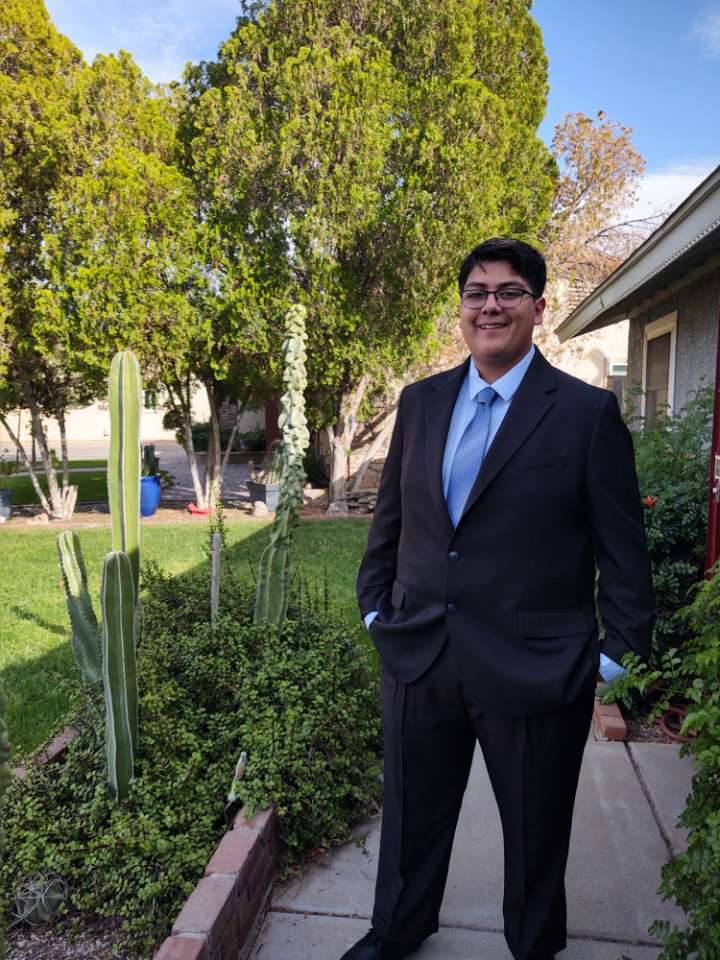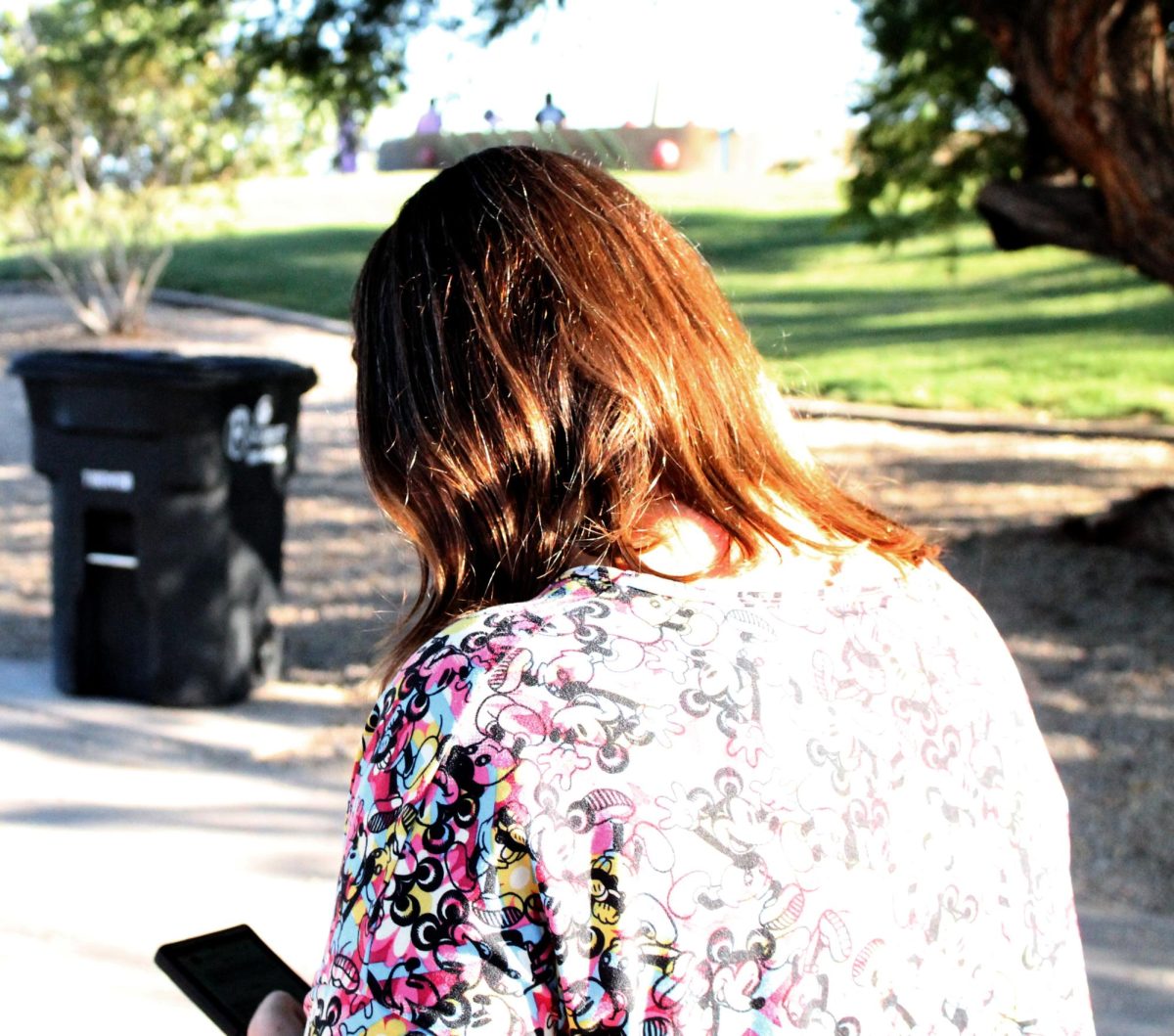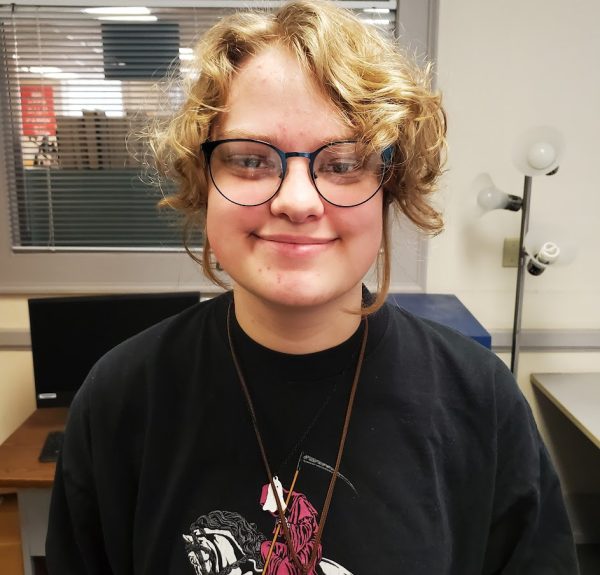As the air gets crisper and the days get shorter, it seems that fall is in full swing. However, it also seems that seasonal depression is sweeping over the masses. Mental health is always a hot-button topic, but the annual influx of struggling is nothing to ignore.
Seasonal Affective Disorder (SAD)— or seasonal depression as it’s known colloquially— is a disorder defined by psychologists as “a type of depression that happens during a certain season of the year—most often fall and winter.” There isn’t any clear event or cause of SAD, but the majority of mental health professionals believe that it is due to the shorter days in fall and winter. When the sun is out, the brain creates the chemical serotonin. Serotonin is responsible for feeling happy. Naturally, when the sun isn’t out for as long, there’s less serotonin being produced. That, combined with melatonin, which makes you feel tired, leaves everyone grappling with a sudden change in their mental state. This easily leads to a depressive rut.
Not to mention the fact that there is a 7.7% rising trend of teen depression since 2009, as of 2019. Mental health is hard to understand, but the facts do not lie. While there is often a focus on Major Depressive Disorder (MDD), SAD can easily outstay its welcome and become a more constant illness.
“The longer that someone stays in a depressive state, the more likely it is to become a chronic state,” Jen Woolf, a therapist, and expert on the topic, stated, “And that’s why strategies for helping them move through the motions in the moment are super important— so they don’t sit and live in that.”
It’s important to realize that seasonal depression is a topic worth talking about. Both for those that struggle with it and those that don’t. For the past few years, there’s been an effort to de-stigmatize the topic of mental health and therapy. This is for the better; everyone needs support, and shouldn’t be looked down upon for seeking help. With such a prevalent issue of teen depression, there shouldn’t be any risk involved with talking about our struggles.
When asked about the benefits of therapy, Woolf said, “The biggest part of therapy that is successful is the fact that talking is therapeutic in and of itself. All the bad things happen when we don’t talk— suicide, self-harm, eating disorders, all of these happen when we don’t talk. Whether that be because of guilt, shame, feeling judged, or whatever the reason is. When people start talking about their feelings, those feelings become real and you’re not just left to your own devices in your head— which is often the biggest problem anyway because you only have your own perspective. Letting someone else in, and getting someone else’s perspective, can help counteract those thoughts that you’re having.”
The fact of the matter is that there are resources out there for everyone. As long as you aren’t alone in your own head, there is less of a chance that SAD’s effects will be as problematic as they usually are. This doesn’t exclusively mean therapy either!
“I think the biggest thing teenagers can do is be social,” Woolf noted, “Be with other teenagers, be with other people, be with their family, be with their friends. It’s really hard to sit in a depressive state when everyone around you is having fun or enjoying an activity. Even if your friends are just there to help you feel better, you usually end up laughing and talking and enjoying each other’s company. That, in and of itself, removes an isolated person from an isolated, depressive state.”
The biggest thing to keep in mind when struggling with depression— seasonal or not— is that you are not alone. It’s something that is said in every mental health talk ever, but it’s true. There is worth in talking about your problems to the people you trust, and there is always hope. Do not be afraid to speak up and seek help for your problems because those problems are worth addressing. As the holiday season quickly approaches, there are more opportunities to come together and support each other. That support and community that comes with the holiday spirit is worth finding and burying yourself in; to lift yourself and help ease the pain of depression.



























